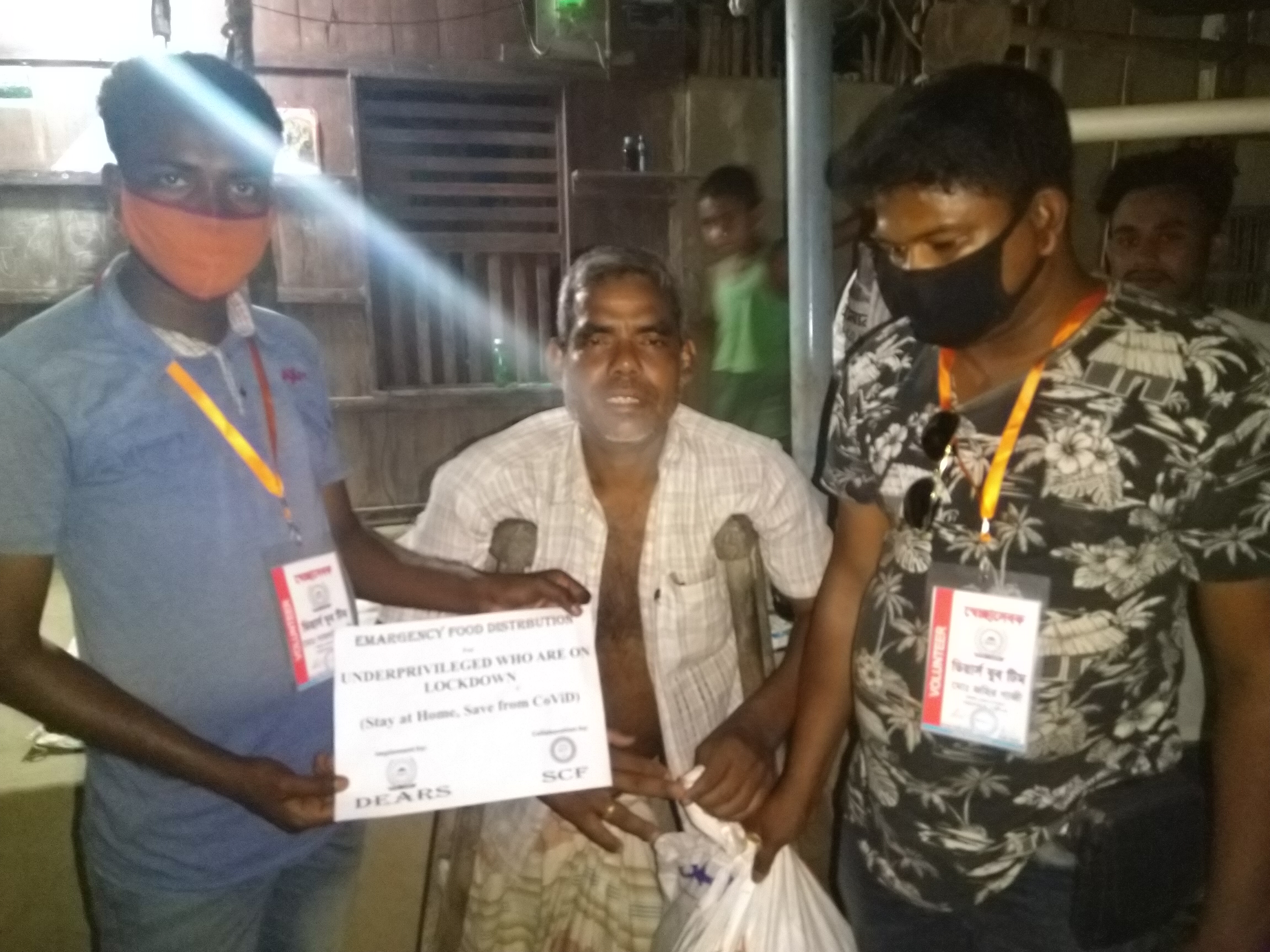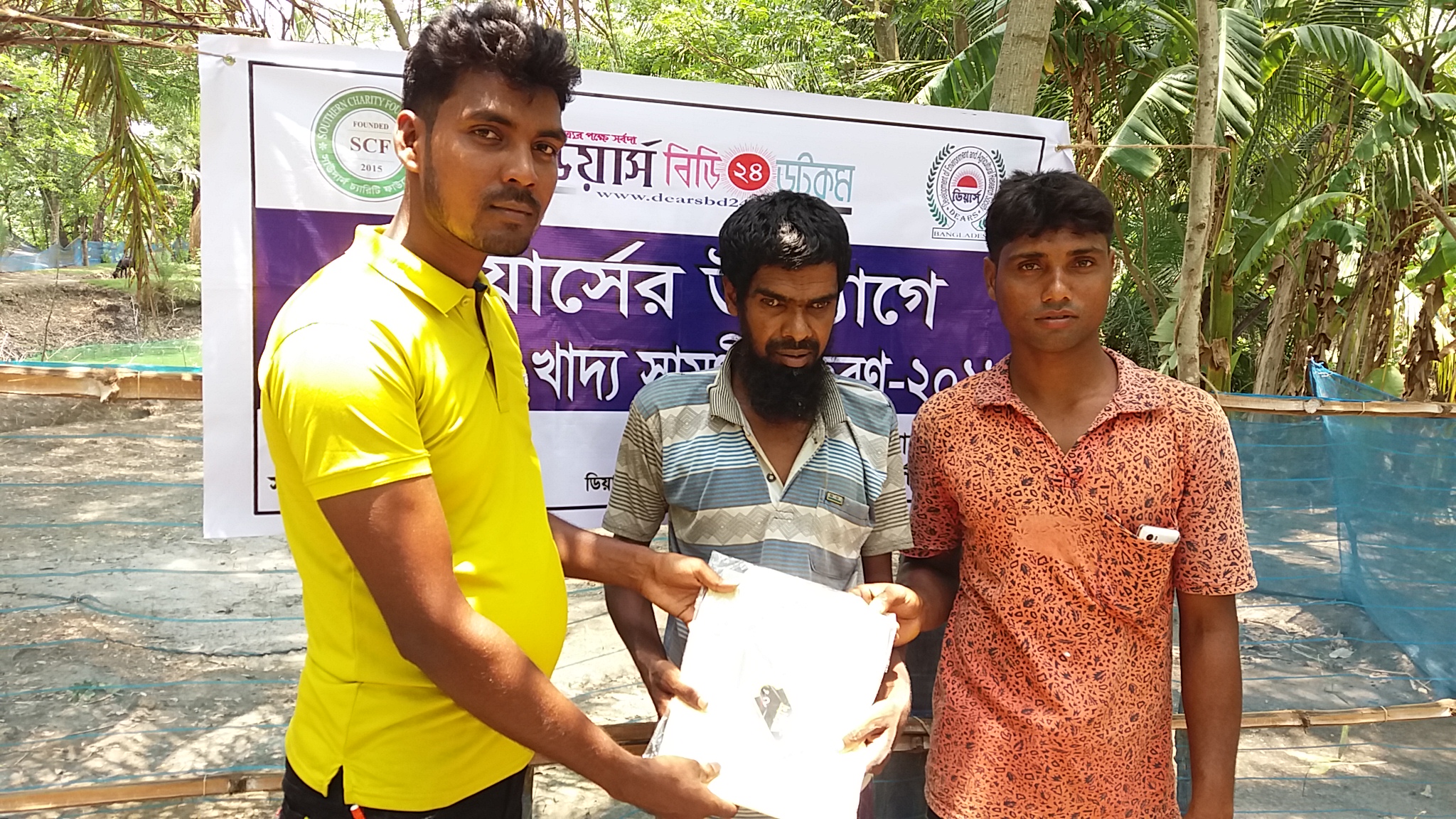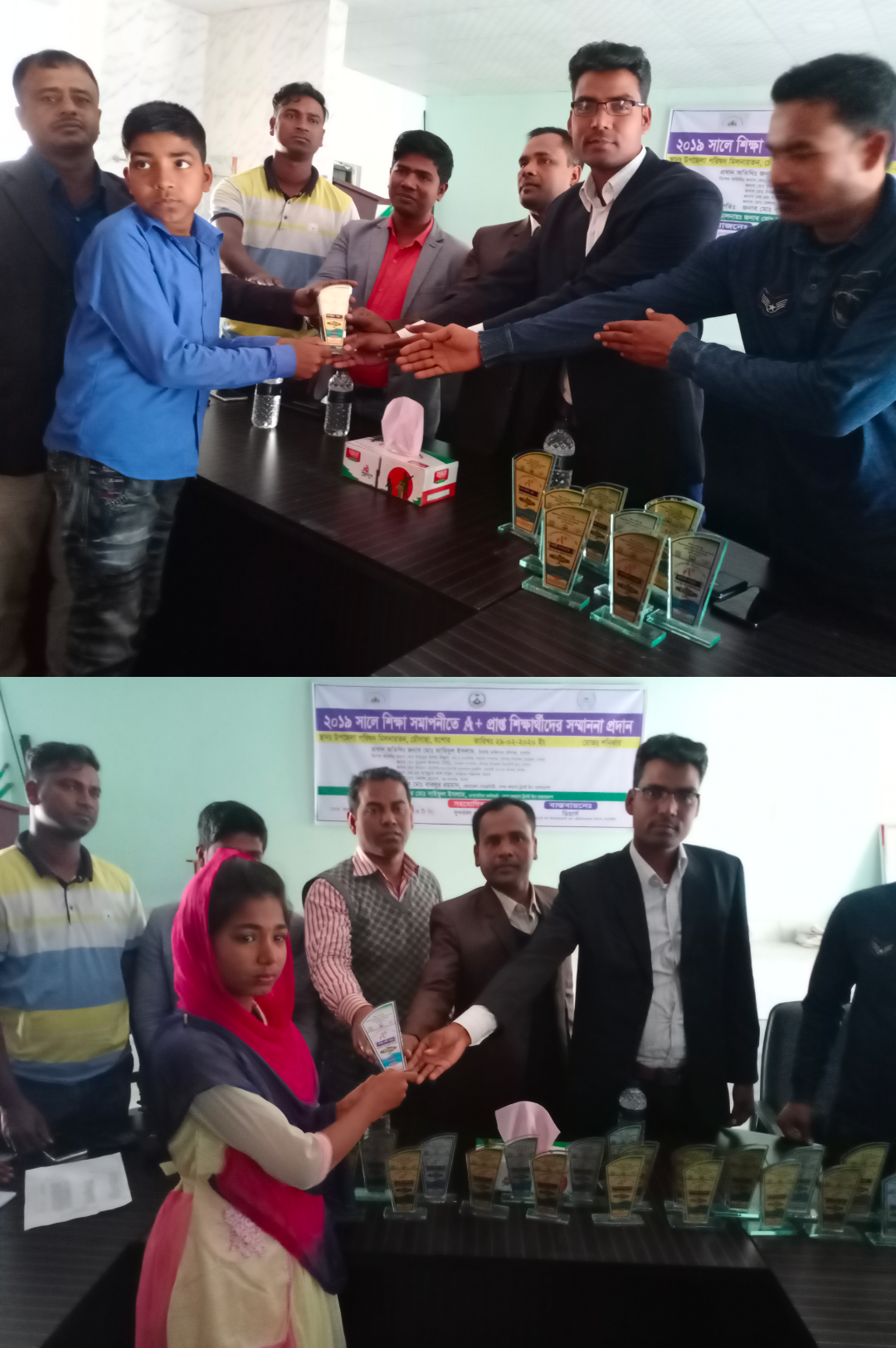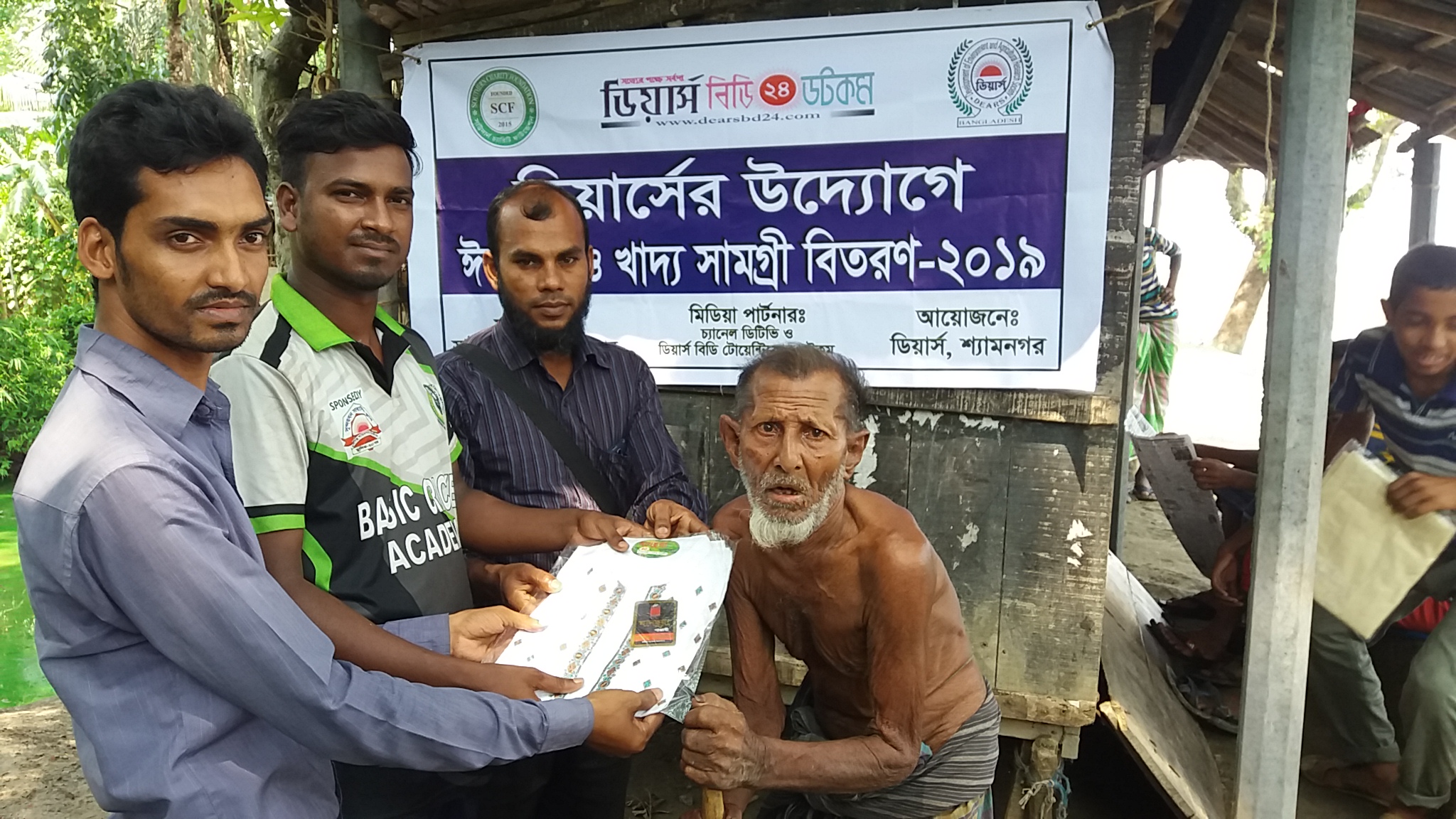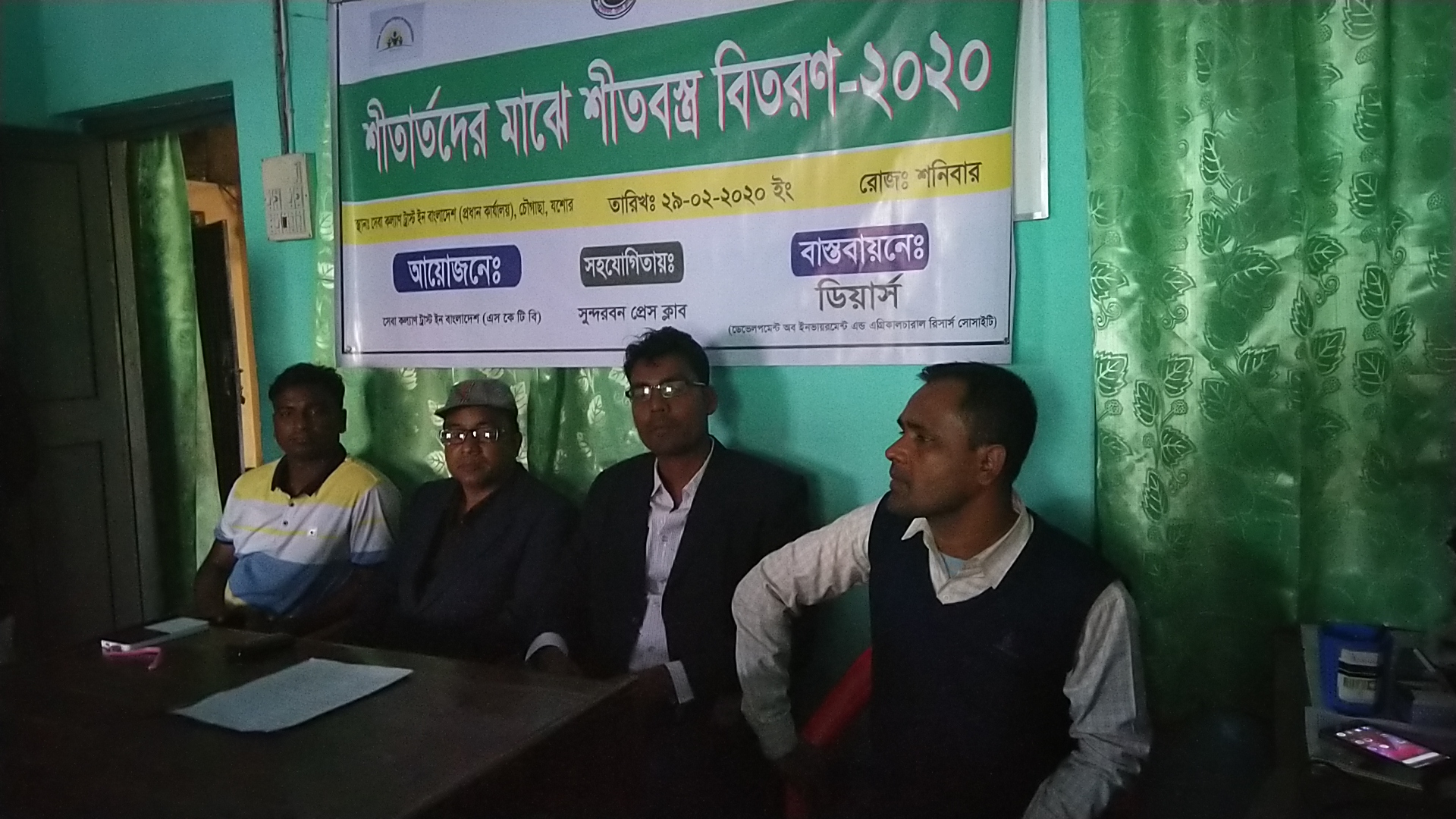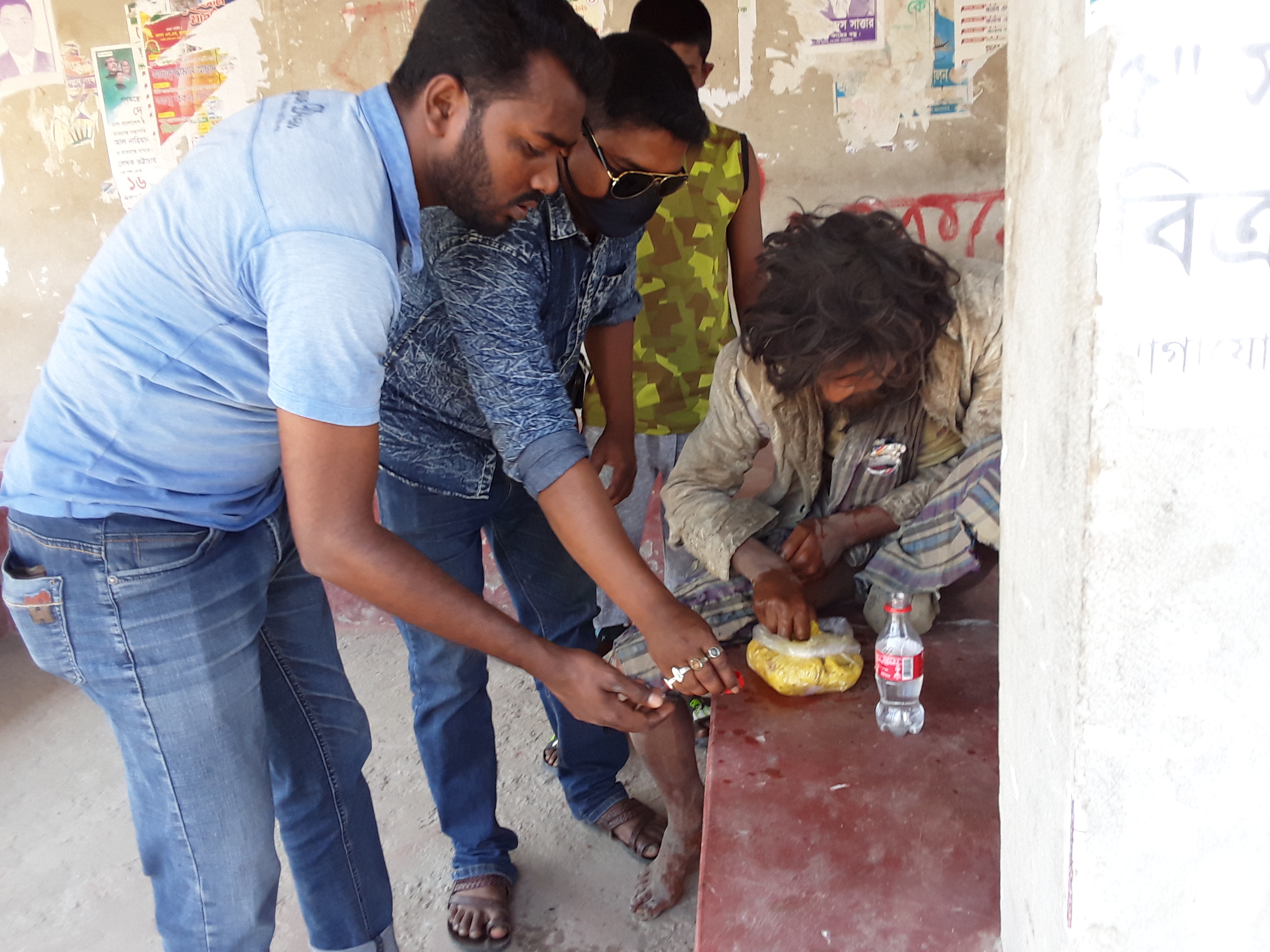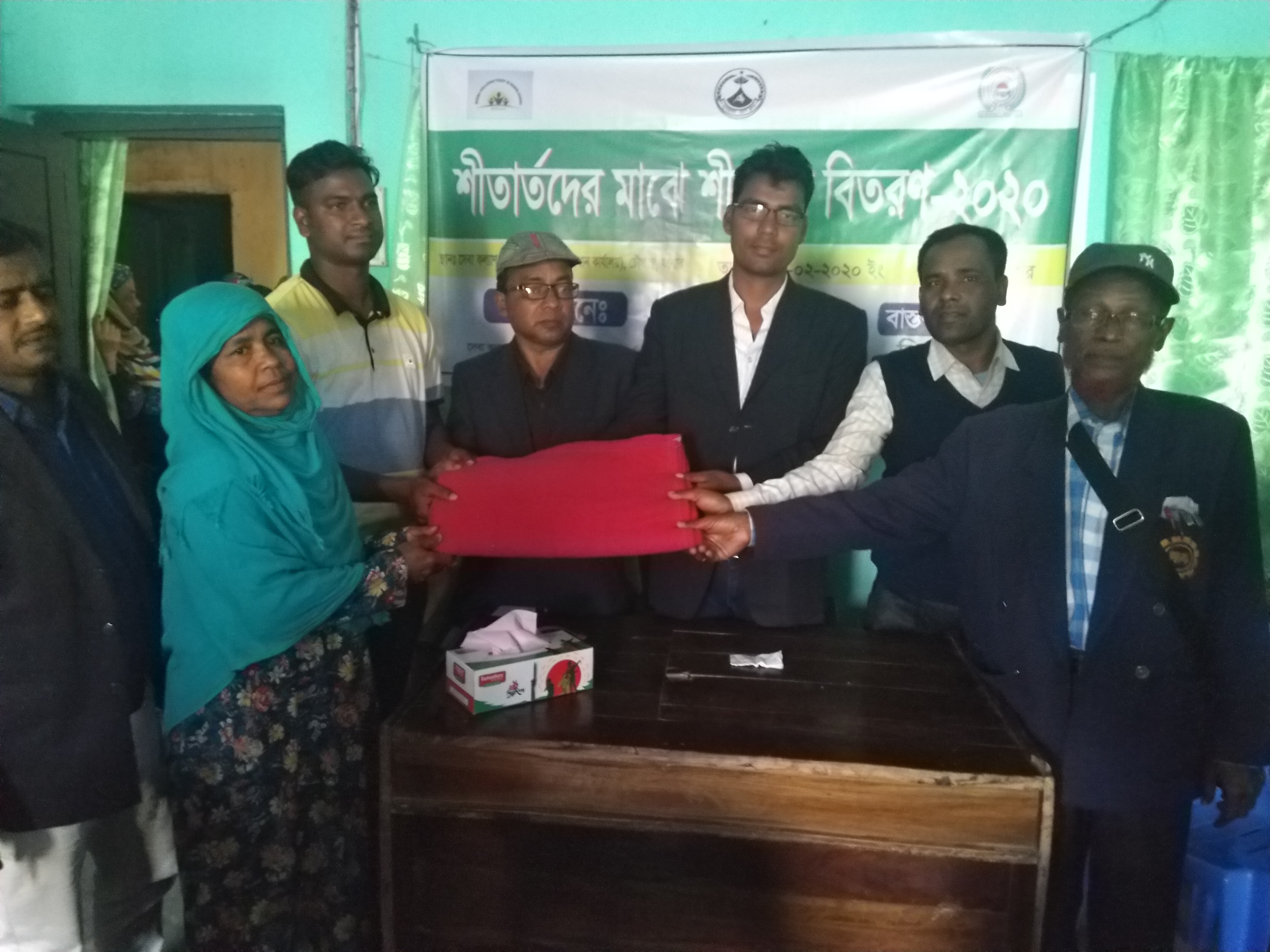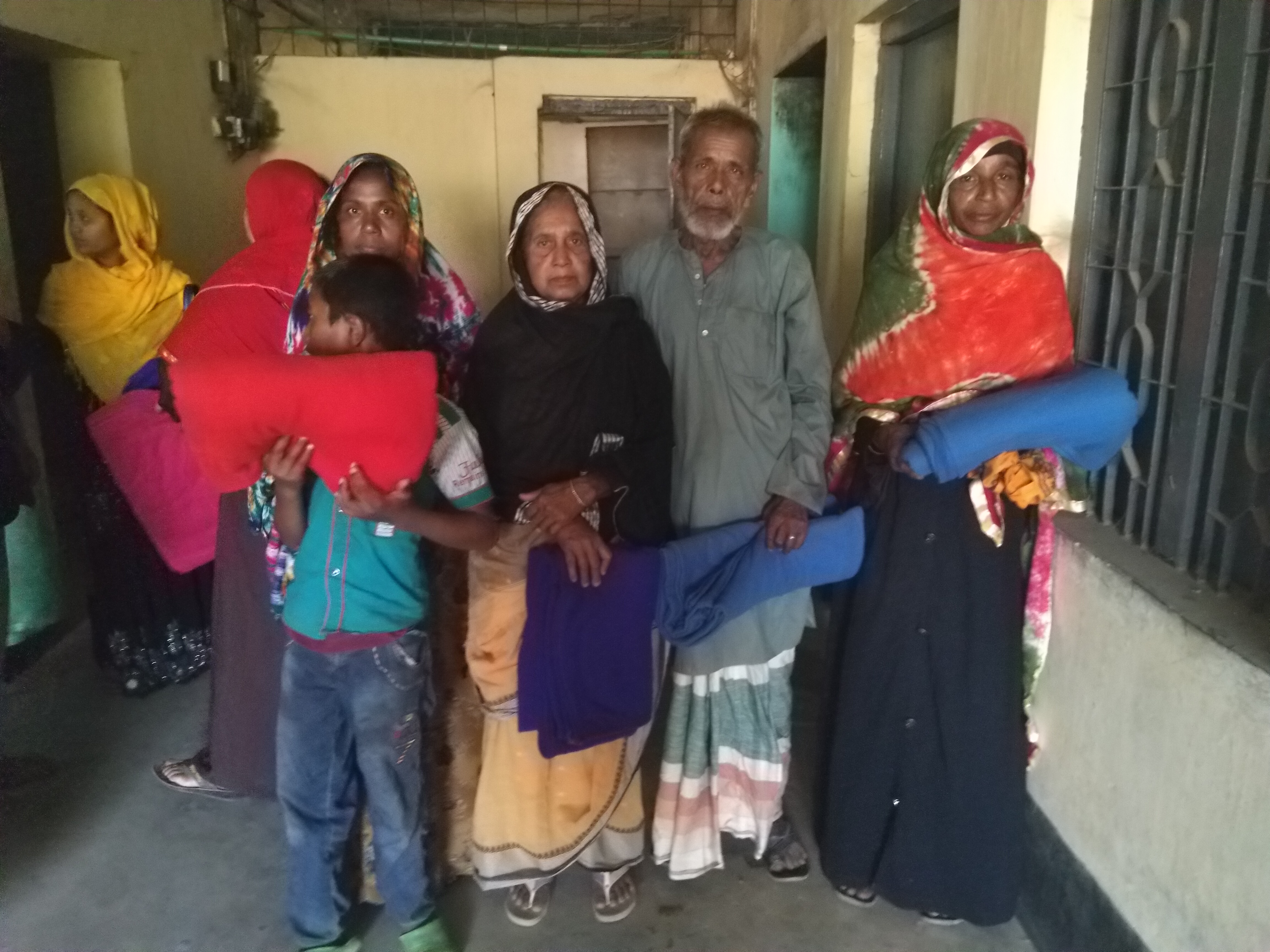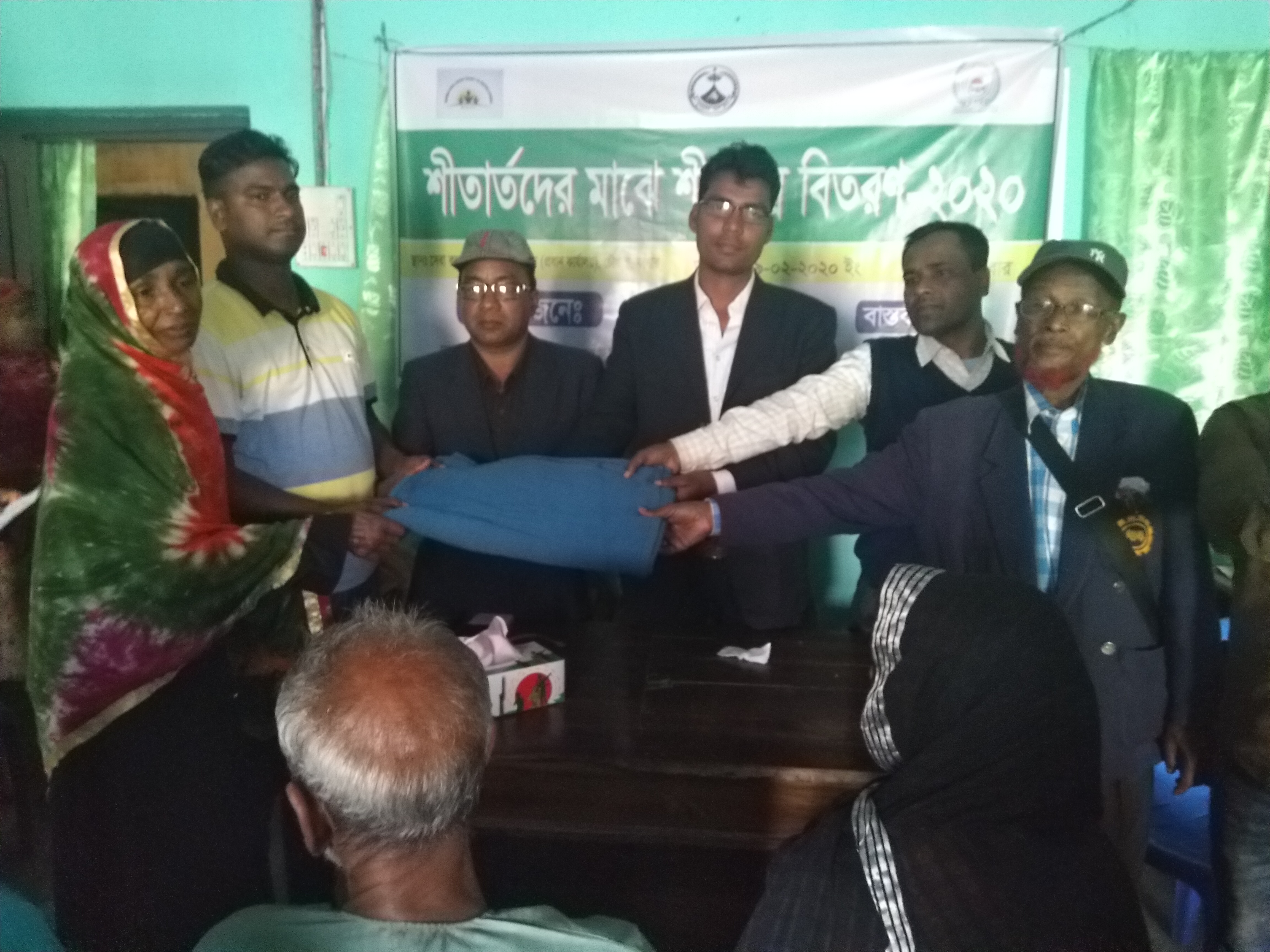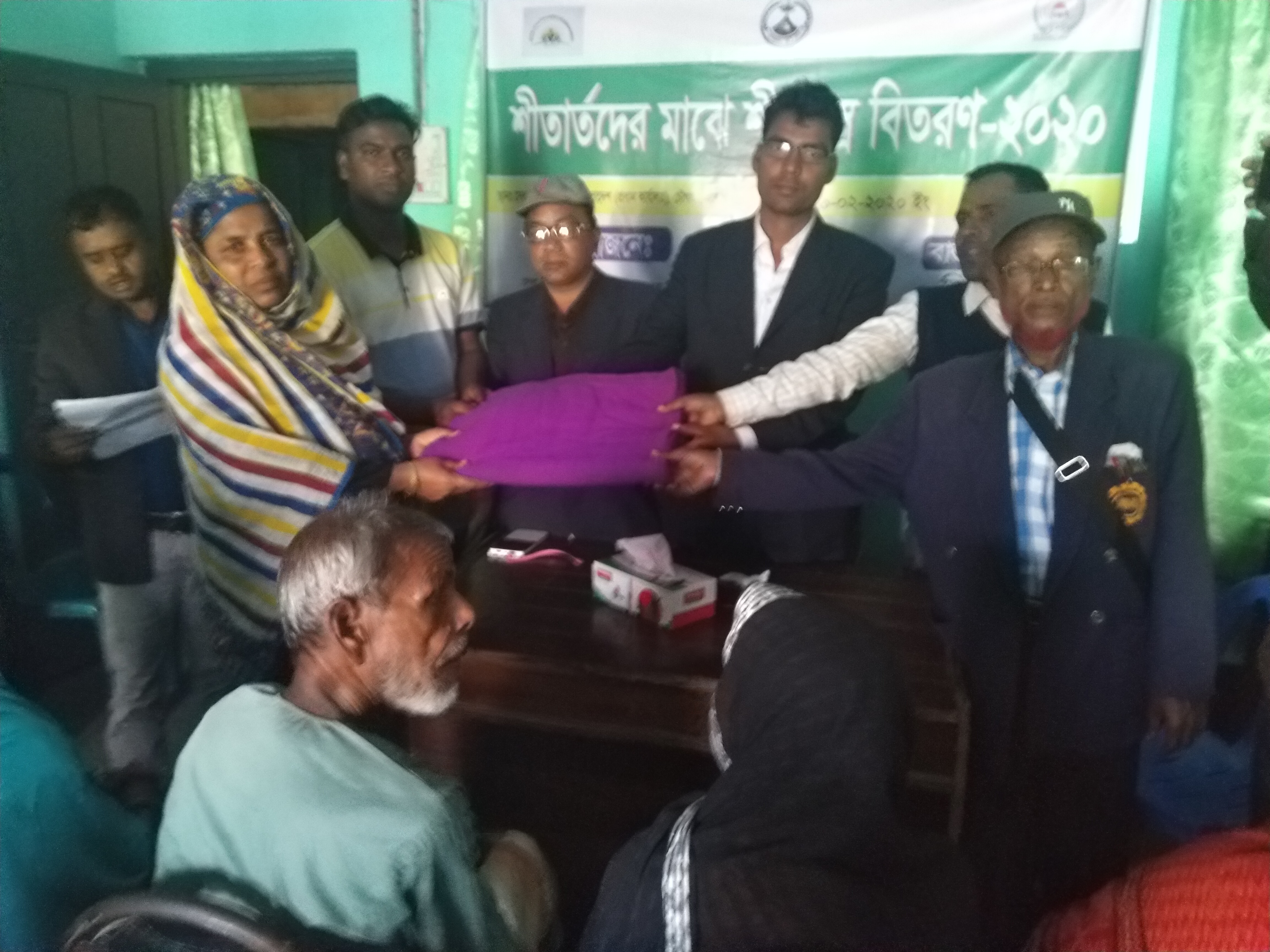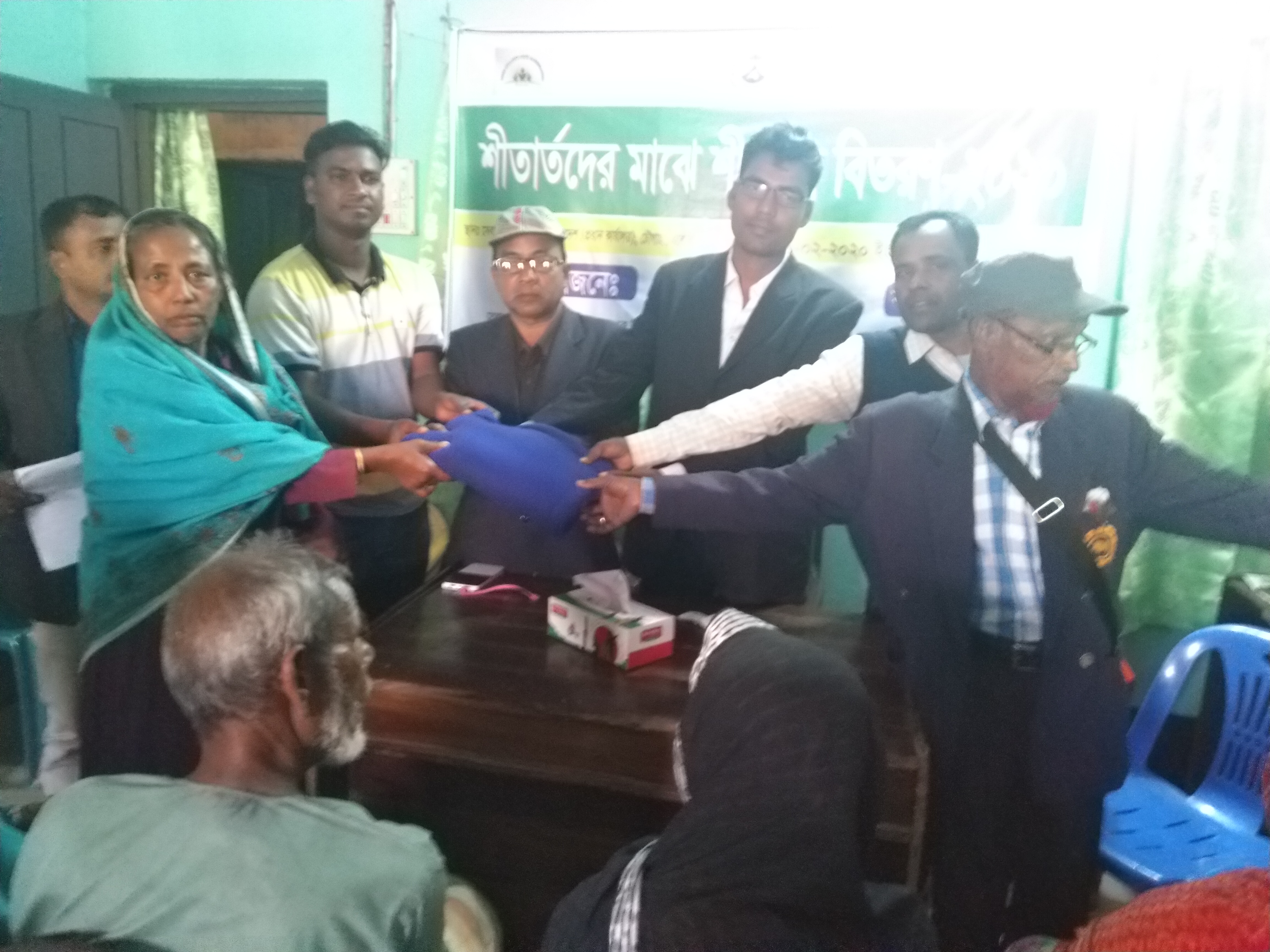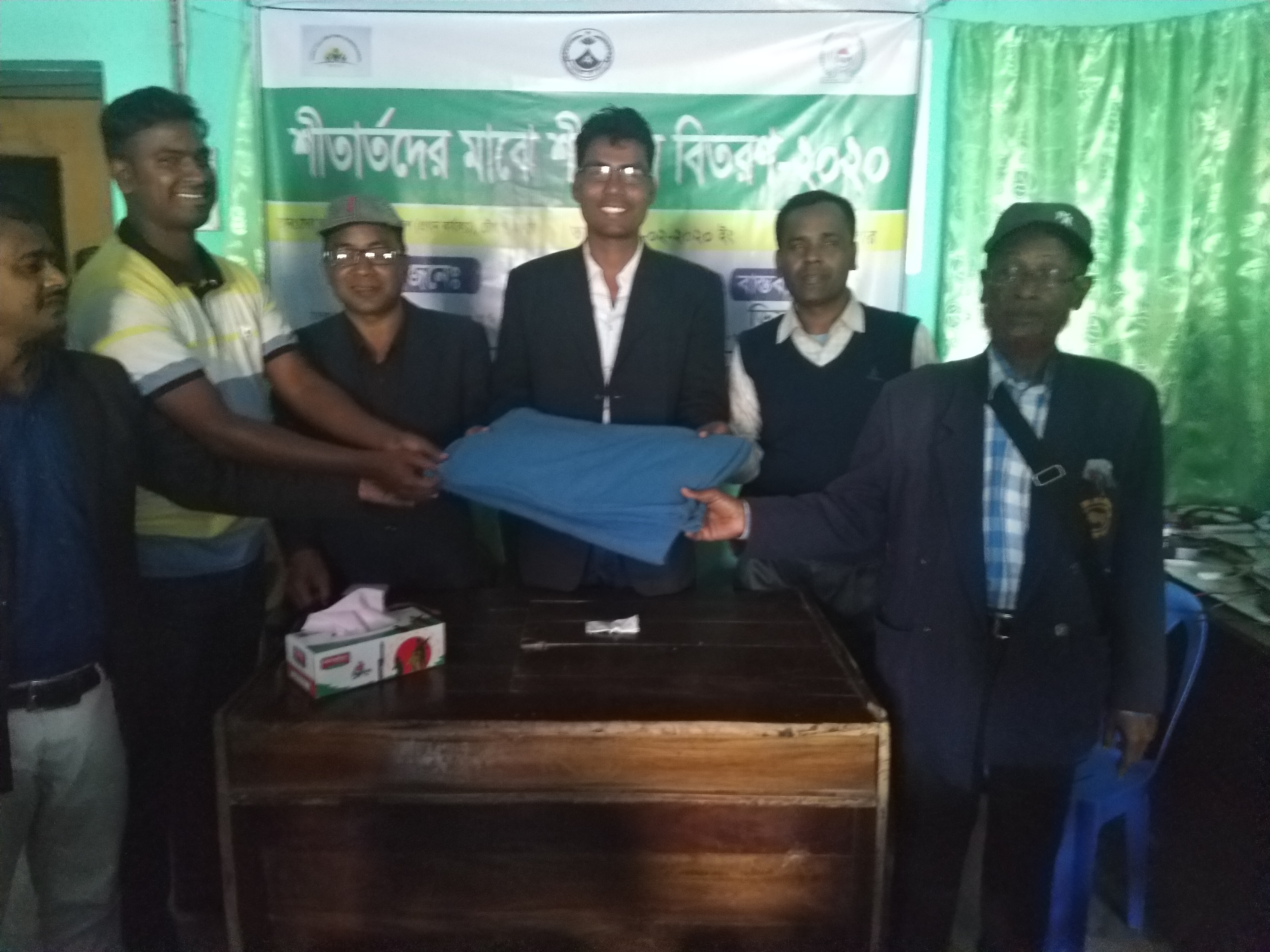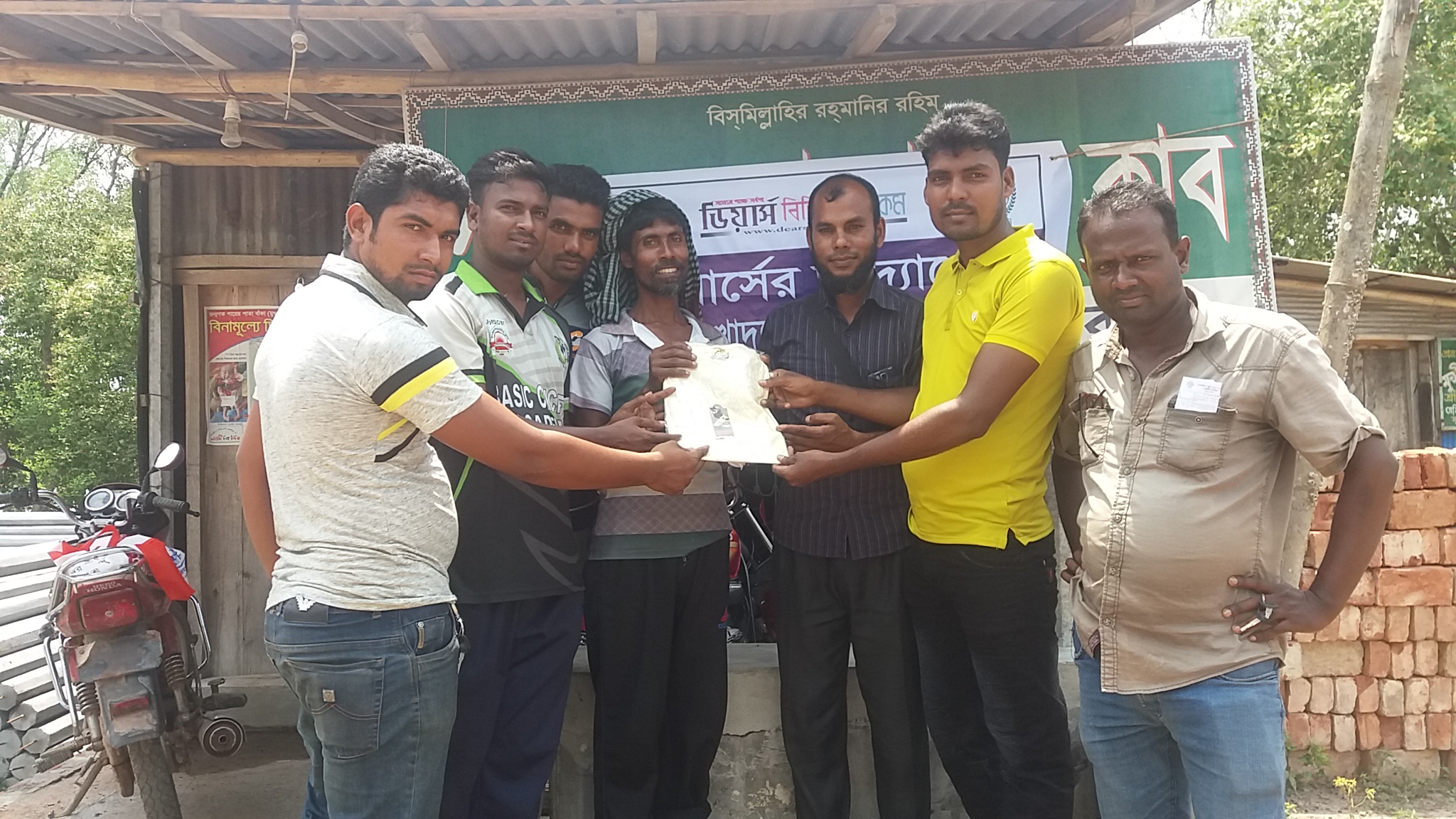"প্রগতি, প্রবৃদ্ধি, প্রযুক্তি ও উন্নয়নের যাত্রাপথে আমরা"
“We are on the path of progress, growth, technology and development"

☞DEARS (Development of Environment and Agricultural Research Society), is a local non government development organization set up in 2005. The organization came into being in the face of degradation of socio-ecological resources in the southwest coastal region with specific mission to redress the declining natural resource base, livelihoods and food security of the people. To uphold human rights and gender equity for the socially disadvantaged community with the focus on women is another major concern of DEARS development initiatives.DEARS is a based NGO working in the southwest coastal region for ensuring livelihood security of the resource poor community through promoting sustainable agricultural firming system and environmental health. Wetland resource management with focus on aquaculture is one of the principal components of DEARS development initiatives in the region.
We acknowledge the great contribution of those who support us. I would like to thank all our donors and supporters on whom we depend; our colleagues in government and local government who are vital to enabling our work to take place.Thank you all.
Executive Director
☞ • Around 80% of Bangladeshis live in rural areas. Most of this large population lives in poor and less educated societies. The objective of this organization is to raise awareness of the development of this poor class and to guide them towards economic freedom and to create a social and human dignity such as the large population which can find ways to earn income individually.
• With the coordinated development strategy of one or more activities, the country’s poorly-deprived poor unemployed people will be deprived of the knowledge of the community and the development of quality of life of the backward and backward communities.
• To coordinate and coordinate work with government and domestic and foreign volunteers or organizations.
• Implementation and implementation of various activities / projects that are useful for the socio-economic development of poor and disabled people in the villages and cities, and also take several steps to establish social dignity including education and health services.
• Keep a variety of awareness programs to preserve biodiversity in the area.
• To release illiterate people from the curse of illiteracy through letter knowledge and to provide practical education with primary education and adult education for children, relevant approval for non-formal education. Grant scholarship to meritorious students and provide free educational material for the meritorious and meritorious students.


